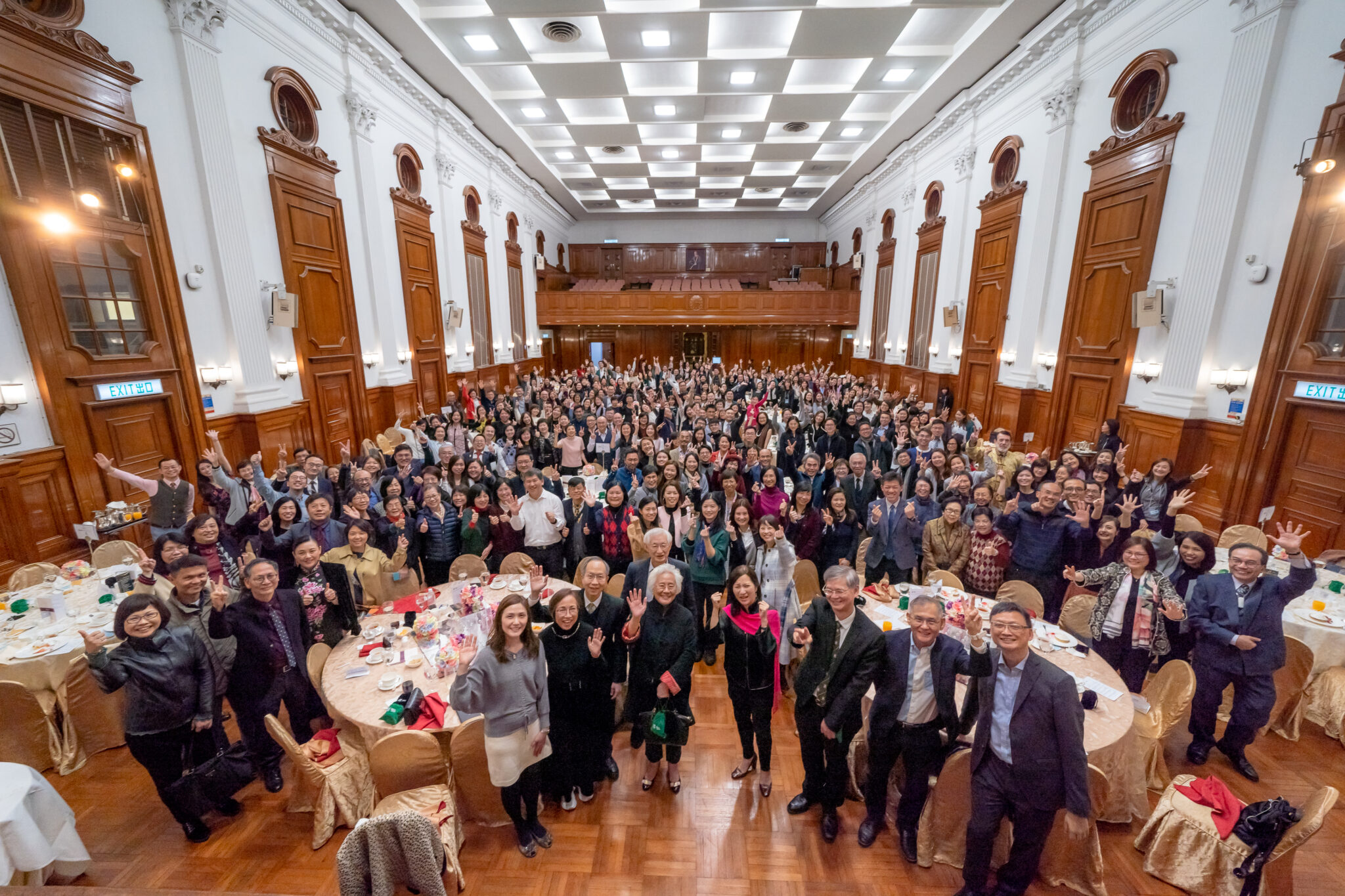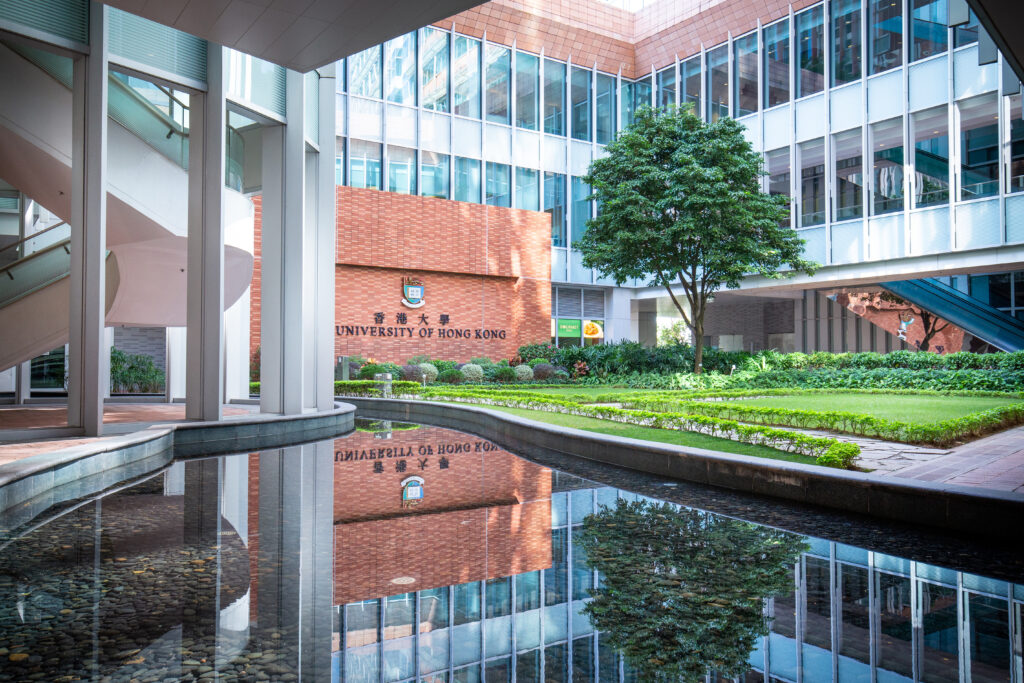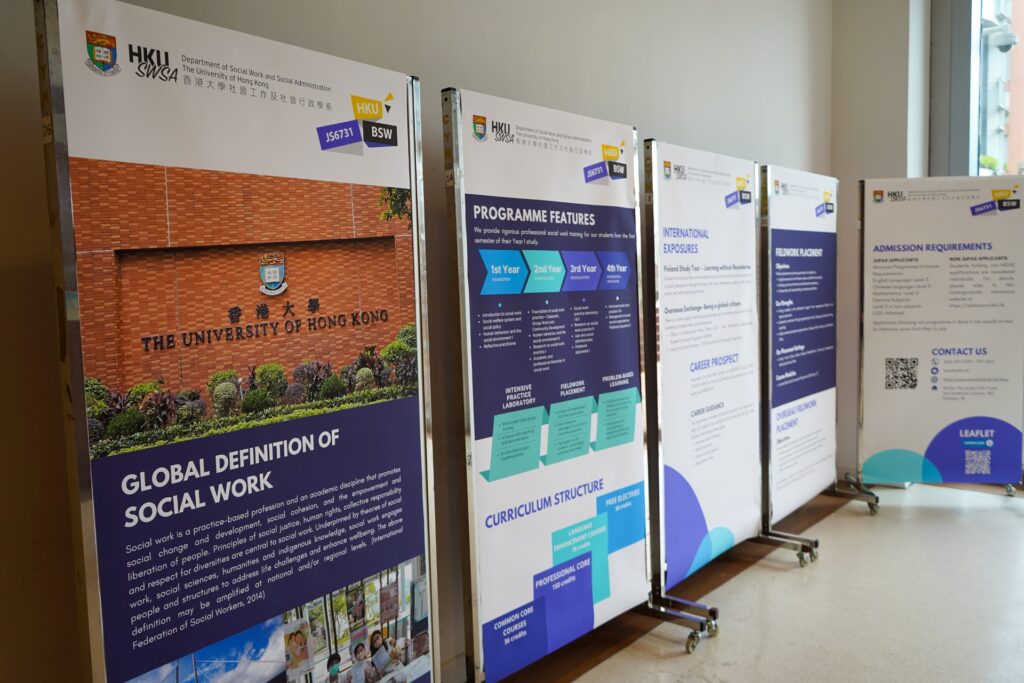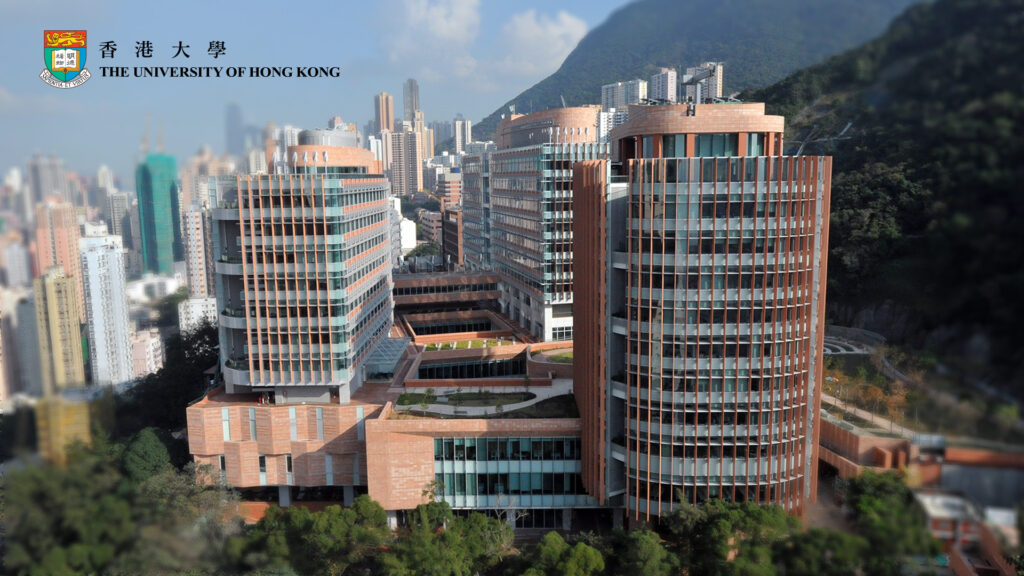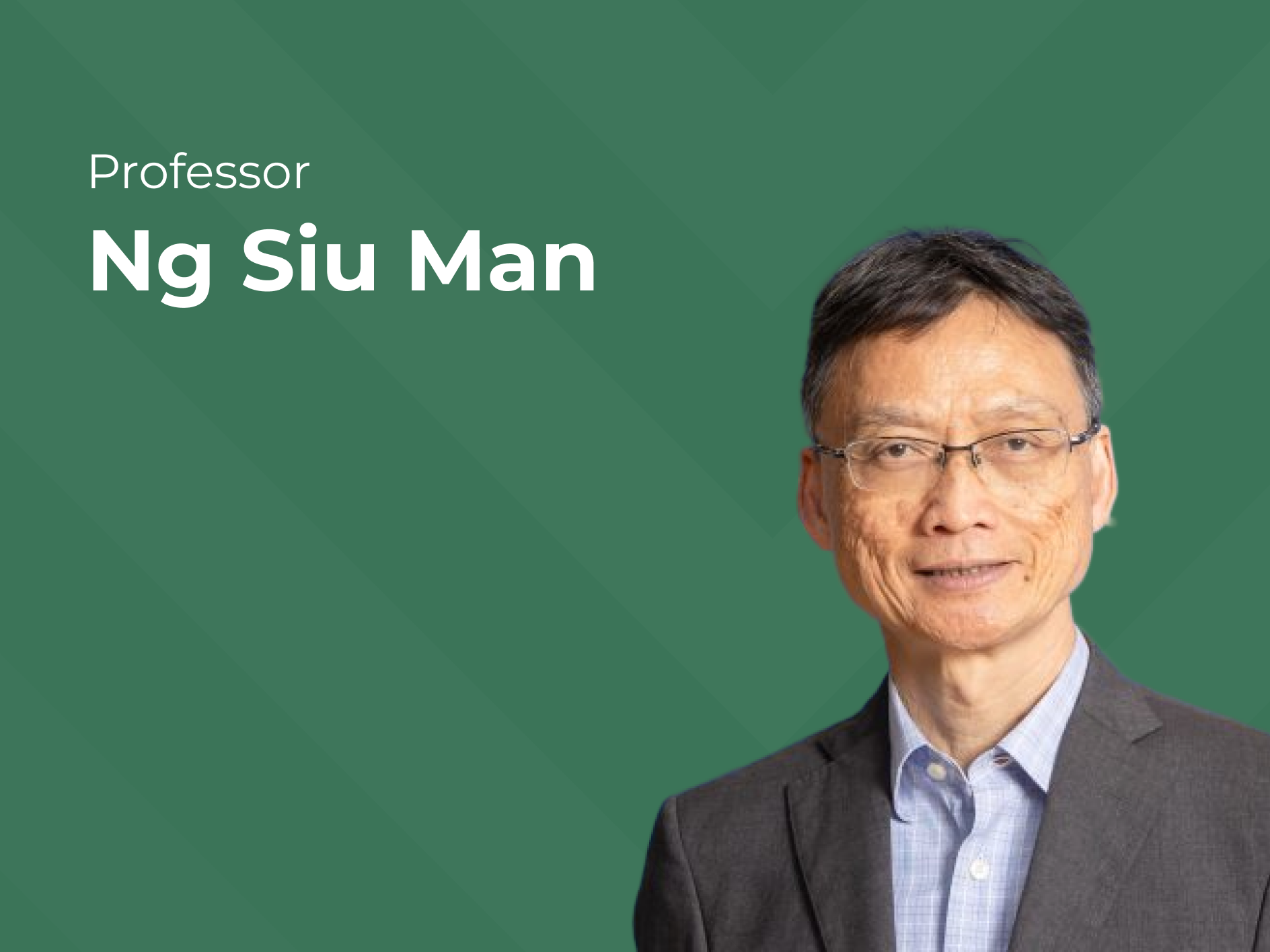
There is increasing interest in identifying how posttraumatic growth (PTG) impacts emotional processing following traumatic events (e.g., the COVID-19 pandemic). Previous research suggests that high PTG levels may lead to enduring changes in positive emotional processing. Despite this fact, little is known regarding brain activation and responses to stressful emotional stimuli. The present study utilised event-related potentials (ERPs) to investigate whether individual differences in emotional responses toward neutral and negative emotional stimuli related to COVID-19 are related to self-reported PTG levels. A total of 77 participants were analysed: 21 in the high PTG group and 56 in the control group. The amplitude of the N2 was smaller in the high PTG group compared to the control group under both negative and neutral conditions. When viewing the negative emotion pictures (vs. neutral pictures), the N2 amplitude significantly decreased for the high PTG group in the right occipital and frontal-parietal areas, whereas no significant change was observed among the control group. In the time window Late Positive Potential (LPP) 600?1000 ms, emotional stimuli and the group interaction were significant. Viewing negative pictures (vs. neutral pictures) decreased the LPP 600?1000 ms amplitudes for the control group, mainly originating from the brain’s frontal regions. However, there were no such significant differences for the PTG group. Due to the limited sample size and cultural differences, the applicability of these results to other regions or countries needs to be verified. The presented findings suggest that the impact of PTG during emotional response is reflected in both bottom-up (evidenced by the early ERP components) and top-down (evidenced by the later ERP components) processes. Individuals with high PTG may use a meditation-related emotional regulation strategy of acceptance at the basic stage and non-judgement at a later stage.
Congratulations to Prof. LOU W.Q. Vivian on being recognized among the Healthy Ageing 50 Leaders by the UN Decade of Healthy Ageing (2021?2030). The Healthy Ageing 50 highlights people from every region and sector?government, civil society, academia, and business?whose work is measurably improving the lives, rights, and well-being of older people and advancing the Decade?s priorities: combating ageism, fostering age-friendly environments, and expanding access to integrated and long-term care. Honourees are profiled on the Decade platform to showcase approaches with proven impact and potential to scale, and to catalyse collaboration across countries and disciplines?reflecting Dr. LOU?s leadership in ageing and longevity.
Learn more: https://www.decadeofhealthyageing.org/topics-initiatives/other-initiatives/healthy-ageing-50#anchor_two
Prof. LAW Y.W. Frances was admitted as a Fellow of the Academy by the Hong Kong Academy of Social Work. The Fellowship is a senior professional honour that recognizes social work leaders with sustained, exemplary contributions to the profession and the community. Fellows are peer?acknowledged for their professional excellence and leadership, ethical standing, impact on practice and policy, scholarship and education, and dedicated service. As a Fellow, Prof. Law is part of a community expected to set standards for the field, champion continuing professional development, mentor the next generation, and help advance the Academy?s mission to strengthen social work quality and public trust in Hong Kong. This recognition affirms her leadership and broad impact across research, practice, and community engagement.
Learn more: https://academy.hkswa.org.hk/zh-HK/membership/information/fellow/

